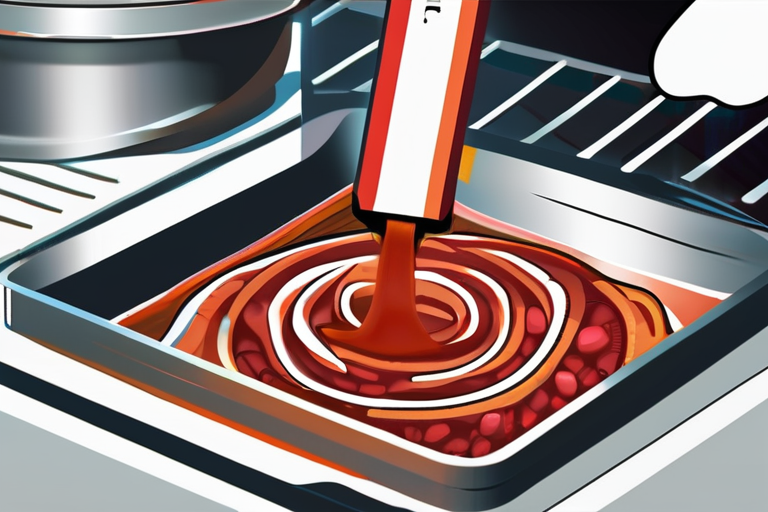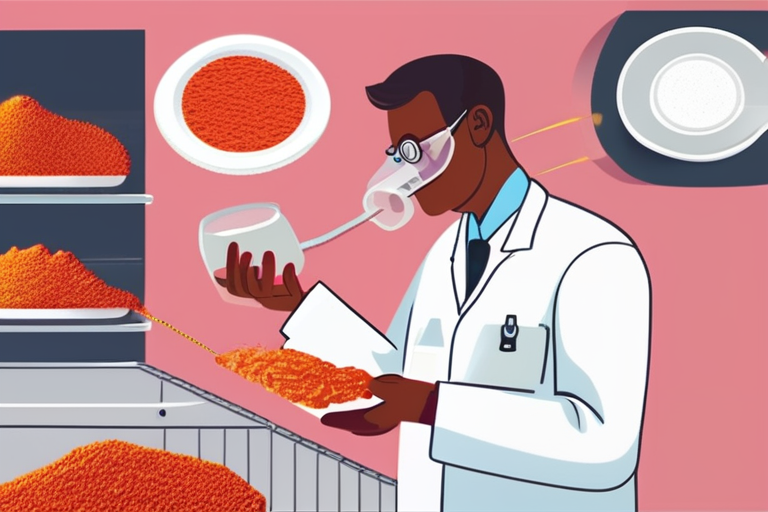Researchers at the East China University of Science and Technology in Shanghai have developed a gel-based synthetic tongue that can accurately determine the spiciness of various foods without risking human taste buds. The device, which uses electronic sensors to detect the heat levels of spicy foods, has been reported in a recent paper published in ACS Sensors. According to co-author Jing Hu, a chemical engineer at the university, the artificial tongue is designed to measure spice levels as precisely as possible, which is especially important for quality control in food.
The team's solution was inspired by the spicy-neutralizing effect of milk, which contains proteins that affect our perception of spiciness and relieve the burn of a spicy dish. The researchers used this concept to develop a device that can detect the capsaicin, the compound responsible for the heat in chili peppers, and other spicy compounds. This allows the synthetic tongue to provide a ranking of foods' spiciness without human discomfort.
The artificial tongue is not a new concept, as scientists have created similar devices in the past. However, the authors of the new paper focused on spiciness in particular and aimed to measure spice levels as precisely as possible. This is crucial for quality control in food, as it enables manufacturers to ensure that their products meet specific heat levels. According to Jing Hu, the device has the potential to revolutionize the way we evaluate the spiciness of foods.
The development of the synthetic tongue has significant implications for the food industry, particularly in the production of spicy foods. It can help manufacturers to create products with consistent heat levels, which can be a challenge when using human tasters. Additionally, the device can be used to detect the presence of capsaicin and other spicy compounds in food, which can be beneficial for people with sensitive stomachs or those who are allergic to certain spices.
The researchers are currently refining the device and exploring its potential applications. They plan to use the synthetic tongue to evaluate the spiciness of various foods, including chili peppers, wasabi, and other spicy condiments. The team is also working on improving the device's accuracy and sensitivity, which will enable it to detect even the slightest changes in spice levels.
The development of the synthetic tongue is a significant breakthrough in the field of food science and technology. It has the potential to revolutionize the way we evaluate the spiciness of foods and can have a significant impact on the food industry. As the researchers continue to refine the device, it is likely that we will see more applications of the synthetic tongue in the future.



























Share & Engage Share
Share this article